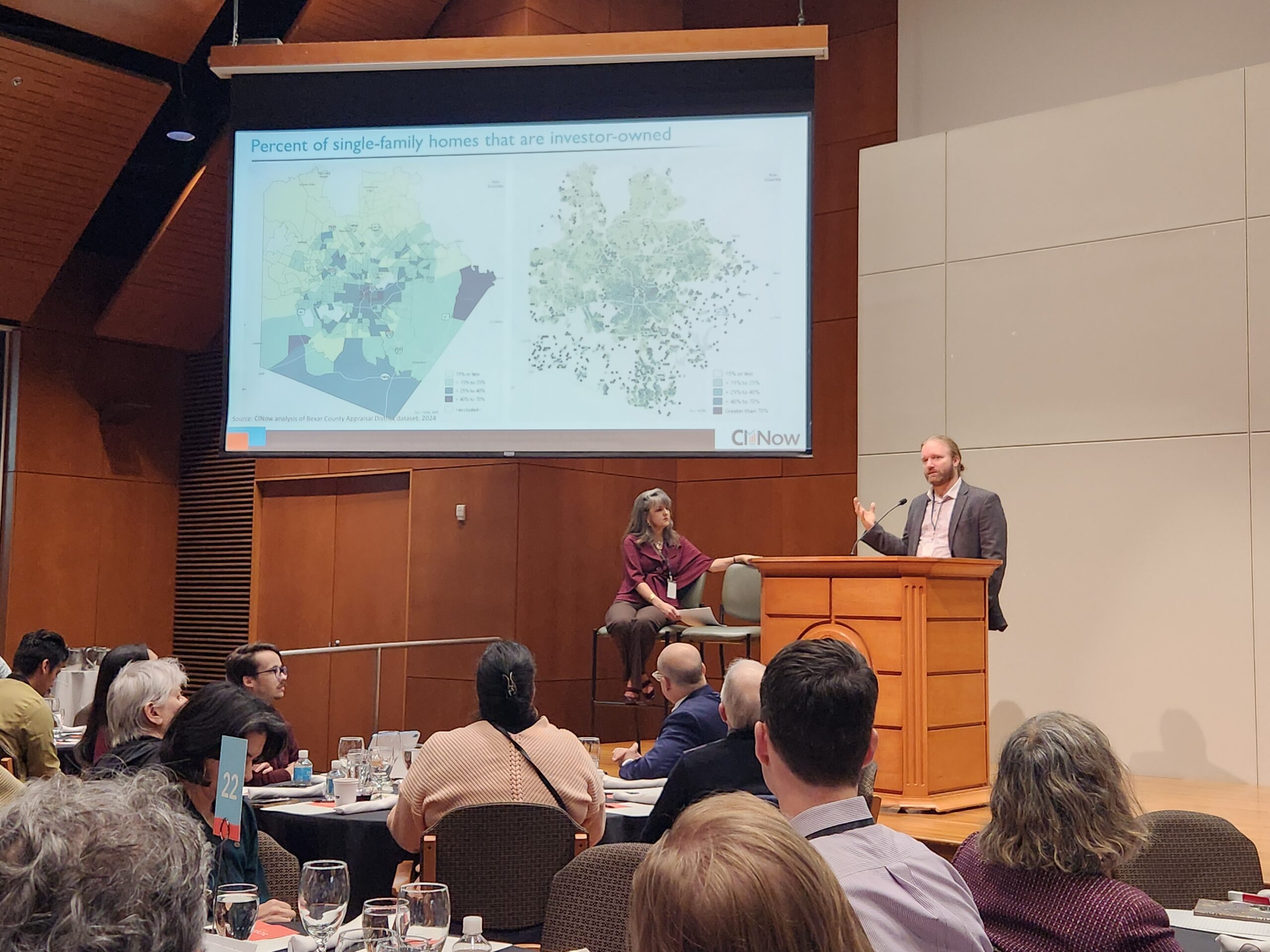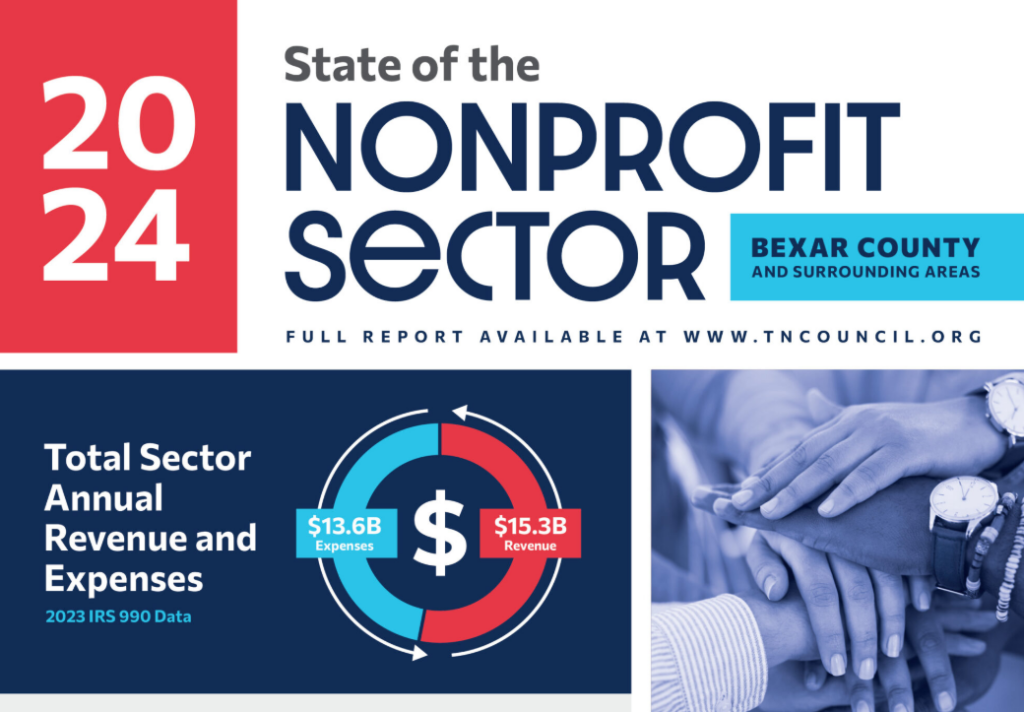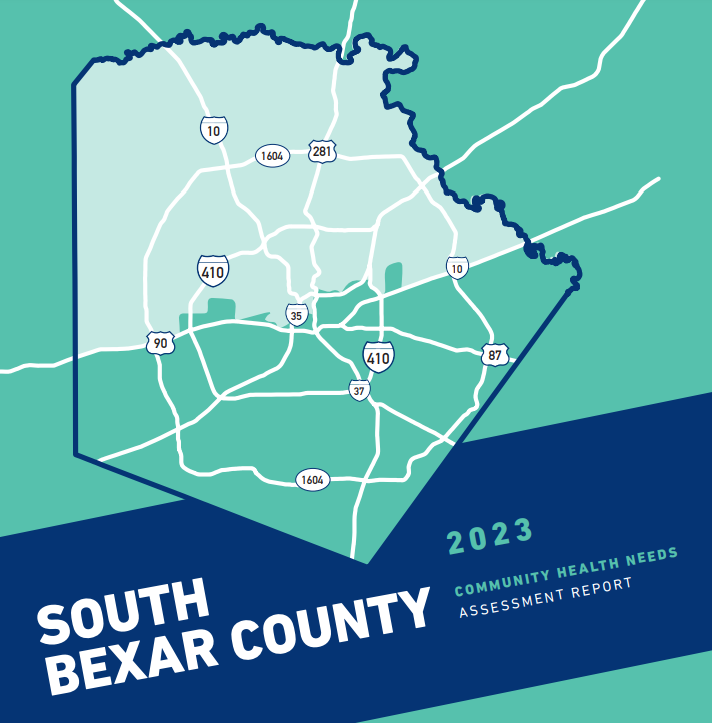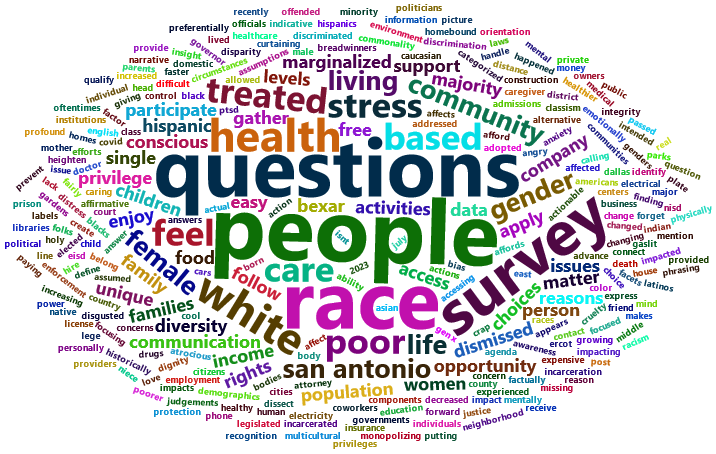Analyzing Bexar County’s residential landscape and community impacts
We are analyzing investor and absentee investor ownership of residential properties in Bexar County, as recent data shows a significant portion of homes are being sold to buyers not intending to make them their primary residence. This trend, which includes both local and absentee investors, has contributed to a tightening housing market, with median home prices more than doubling in the past decade.
The lack of local data on investor ownership has made it difficult to design targeted policies to address housing challenges and prevent resident displacement, particularly around new amenities.
Through a grant from the NNIP Emerging Opportunities Fund and support from Asset Funders Network (AFN), we aim to learn about the extent of investor ownership across different property types, where these properties are located, and the characteristics of the investors. We also plan to explore the association between investor ownership and neighborhood health and safety issues.
Read more about this work below, where you’ll also find materials such as presentation slides and additional resources that dive deeper into our findings and analysis.

2024 NNIP Emerging Opportunities Fund
A 2024 grant from the National Neighborhood Indicators Partnership (NNIP) Emerging Opportunities Fund allowed us to analyze absentee investor-owned residential property specifically.
The project focused on addressing the negative impact of absentee investor ownership on affordable housing in Bexar County. In the short term, the goal was to raise awareness among the community, policymakers, and funders about the problem and build support for better data. In the longer term, the aim is to encourage local action against absentee ownership and provide data to help protect properties for local residents. So far, progress includes securing funding to expand the analysis, partnering with key organizations like the Asset Funders Network and H. E. Butt Foundation, and sharing findings with groups like LISC San Antonio.
Learn more about the 2024 NNIP Emerging Opportunities Fund, including the other funded projects, here.
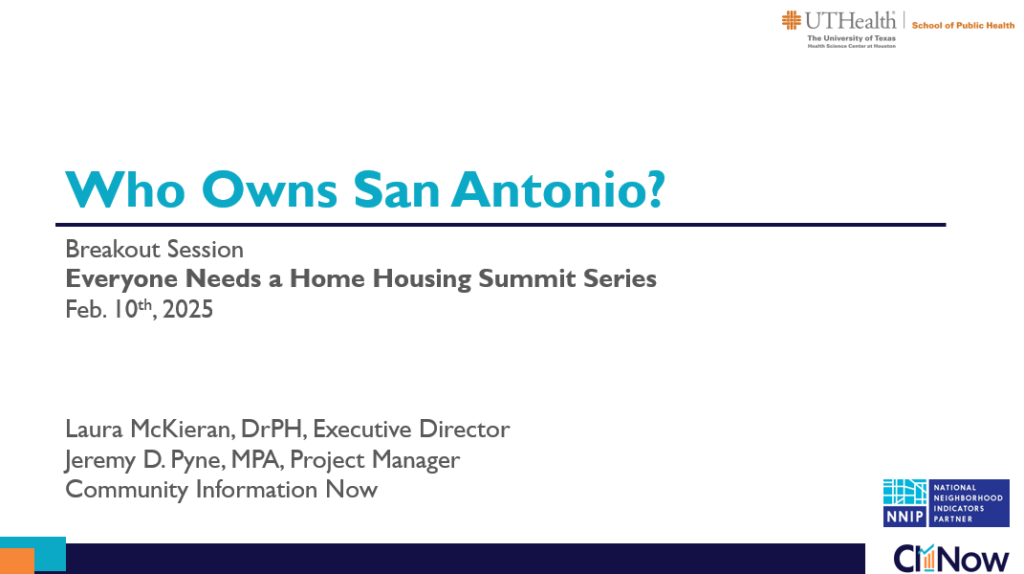
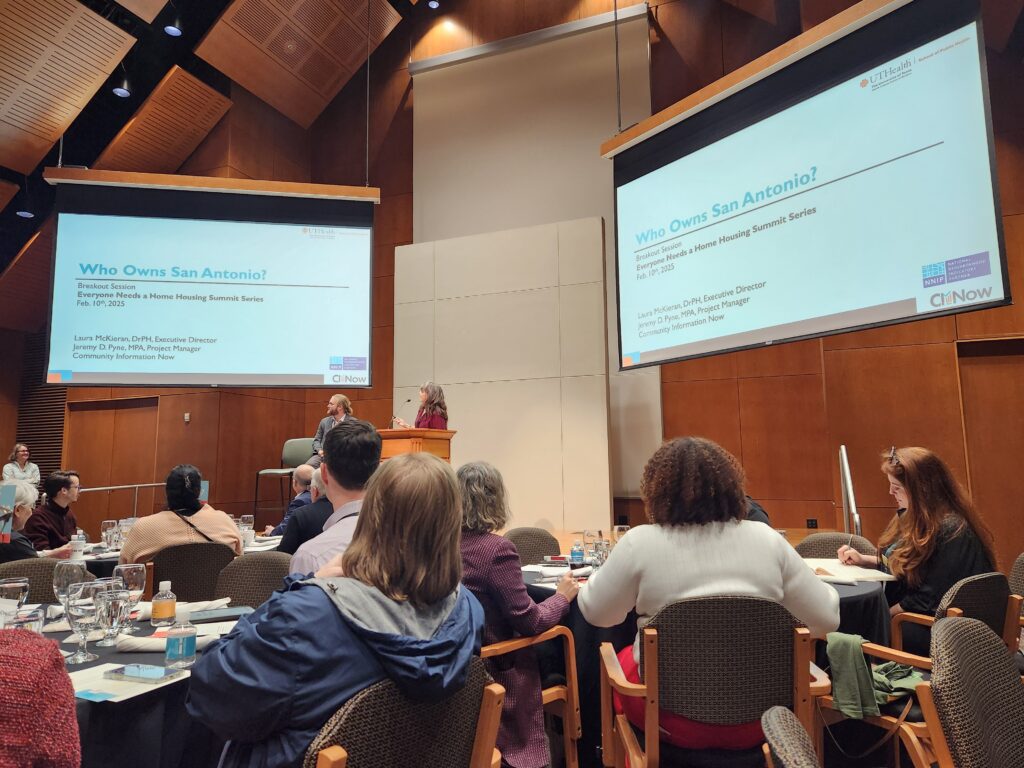
San Antonio Area AFN Homeownership Investment
Support from the San Antonio Area Chapter of the Asset Funders Network (SAA AFN) will allow us to learn more about all investor-owned residential property, not just absentee investor-owned.
This work ties into the San Antonio Area chapter of AFN’s focus on supporting access to quality affordable housing through creating and sharing knowledge and putting that knowledge to work through innovative practices and collaborative initiatives
Our work is focused on identifying what proportion of residential properties—such as single-family homes, multi-family units, and vacant lots—are held by investors and whether these properties are concentrated in specific neighborhoods or near amenities like the Green/Silver line routes.
We are also trying to understand the distribution of investor-owned properties in terms of race/ethnicity and income. By analyzing the characteristics of investors, such as where they live and how many properties they own, we hope to inform policy solutions that address the impact of investor ownership on the local housing market and community well-being.
Learn more about SAA AFN and their work on the 2024 Shared Equity Homeownership Series on their website: https://assetfunders.org/regional-chapter/san-antonio/.
We hosted a breakout session at the “Everyone Needs a Home” housing summit during Dream Week San Antonio #WeAreNeighbor, titled “Following the Money: Who Owns San Antonio? And Where Did They Go?” to present early findings.
At the housing summit series (on 02/10, hosted by the H.E. Butt Foundation), we led a breakout session focused on who owns residential properties in San Antonio and how it affects housing challenges like displacement. There’s a lack of local data on absentee and investor ownership, which makes it difficult to design policy and system solutions to fit and address various versions of the problem.
For the session presentation, Laura McKieran (Executive Director) and Jeremy Pyne (Project Manager) shared our early findings on ownership patterns in San Antonio. 👏🏽
A special thank you to the Asset Funders Network (AFN) for supporting this important work and to the H. E. Butt Foundation for inviting us to be part of such a crucial conversation.
The presentation slides from our breakout session at the “Everyone Needs a Home” summit are now available in PDF format. They provide a deeper look at our preliminary findings on property ownership patterns in San Antonio, as shared during the session. Click here to download.

Some related work from NNIP and Urban Institute
This section highlights related work from our partners at NNIP and the Urban Institute, offering valuable insights into investor-owned housing and community-based research. All linked works can be accessed by clicking on the titles below.
- NNIP partners explore investor-owned housing
Urban Institute, September 2024 - Community based research in action: Maximizing community benefit, repairing historical harm and preventing displacement about the blue line light rail extension
Center for Urban and Regional Affairs (Minneapolis-St. Paul), November 2023 - Single family rental investor ownership in Kansas City
The Mid-America Regional Council (Kansas City), March 2024 - Facing more investor purchases, Charlotte considers tweaking housing programs
UNC Charlotte Urban Institute (Charlotte), March 2022 - Institutional owners in single-family rental properties: A review of the federal and local regulation and policy landscape
Urban Institute, August 2023
This project was supported by a subgrant from the Urban Institute as part of the NNIP Emerging Opportunities Fund. The inaugural round of the Fund is supported by the Robert Wood Johnson Foundation. The views here do not necessarily reflect those of the Foundation or the Urban Institute.
